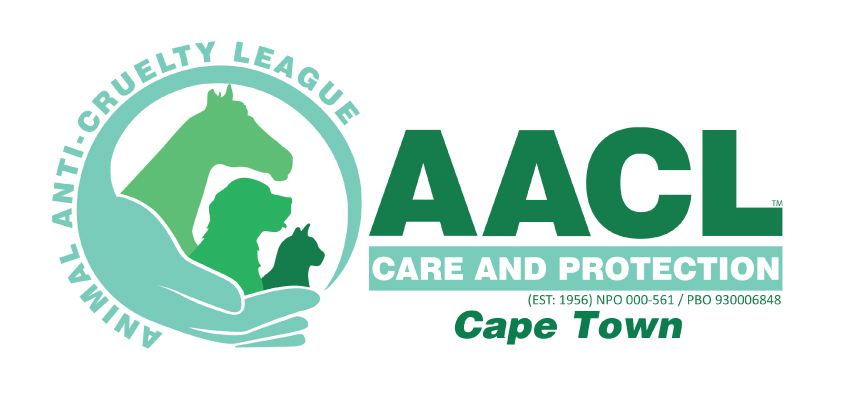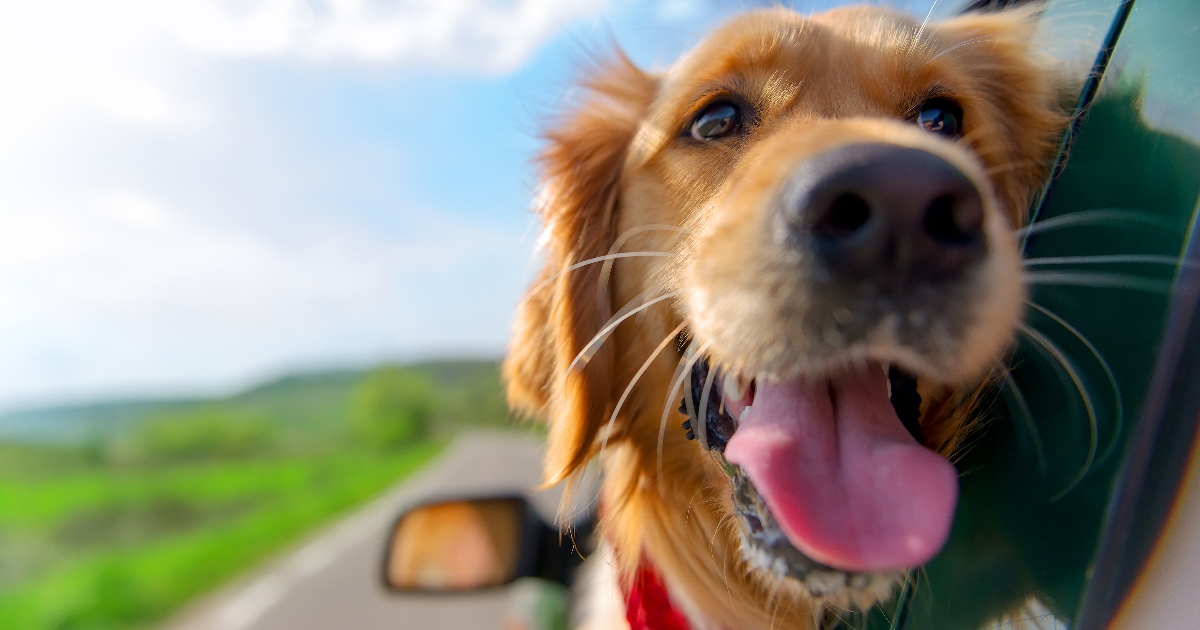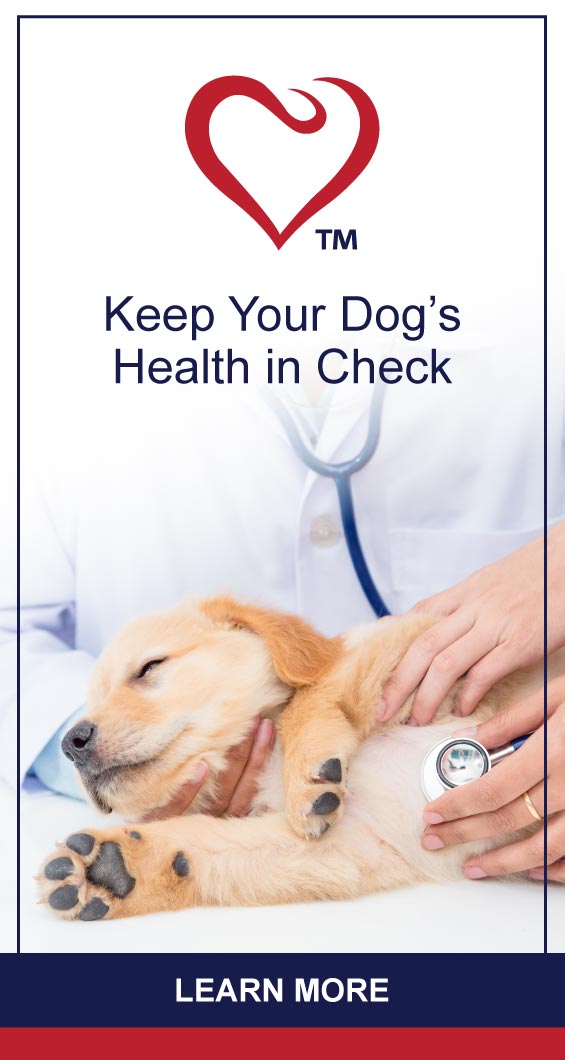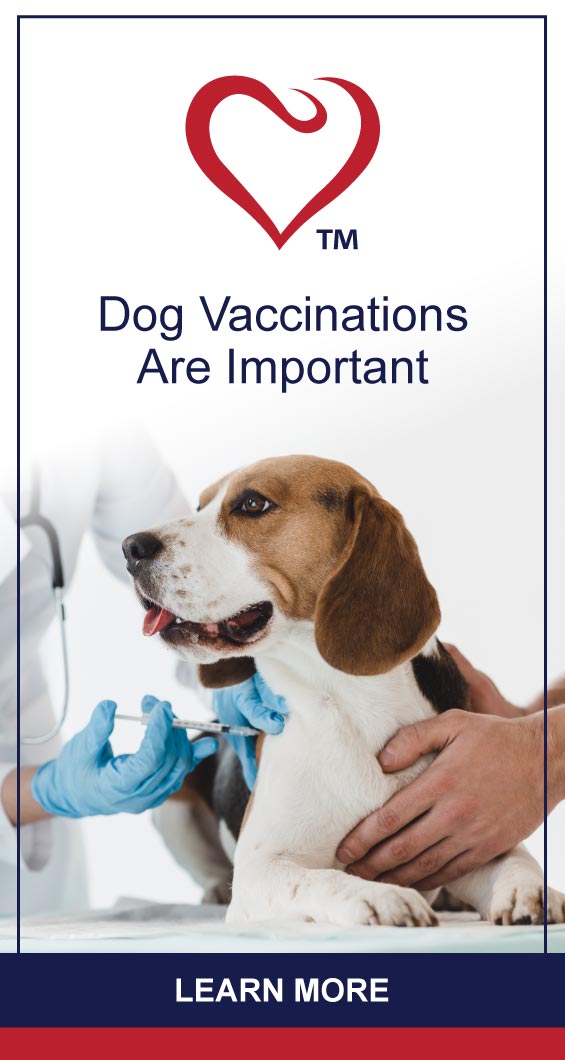
TRENDING

We’re excited and honoured to feature South Africa’s second largest independent animal welfare organisation on PetlifeSA.
TIPS FOR SAFE, STRESS-FREE PET TRAVEL

Implement these travel tips to ensure your pets remain healthy and happy, wherever you travel these holidays.
- Travel Planning
If you are visiting friends or family these holidays, make sure your hosts are happy to welcome your pets into their homes. Ask about any special requests or rules regarding pets in their home to ensure your visit is stress-free and enjoyable for everyone.
If you are staying in a hotel, ensure that it is pet-friendly and that you have read their pet policy carefully to avoid any surprises once you arrive. If your pets are staying in a kennel or if you have hired a pet sitter, ensure that you have received references vouching for their services.
Provide an up-to-date emergency contact number list (including your veterinarian’s contact details), as well as a list of instructions detailing for example, feeding times and medication details. If you are hosting friends and family, consider providing a quiet place where your pets can take a break from the traffic and excitement that can become stressful.
- Pet Vaccinations, Tagging and Chipping
Make sure your pets’ vaccinations are up to date – this is especially important to protect them against rabies.
Always travel with your pets vaccination booklet or certificates. Ensure your pets are micro-chipped and are wearing indentification tags with your updated contact details in case of an emergency or if they get lost while your are away.
Also apply a trusted tick and flea product before you leave to protect your pets from fleas and ticks that can endanger their health.
- Packing the Doggy Bag
While packing your bags, remember to pack the basics for your pets too, including food, medicine, a leash and a tagged collar, dog baggies and whatever else your beloved pooches will need to feel safe and comfortable away from home. Don’t forget to pack their vaccination booklets or certificates!
- Driving with Daisy
When travelling in the car, keep your pets safe and secure in a well-ventilated crate or pet carrier that is large enough for them to stand, lie down and turn around in. Comfortable bedding is always welcome.
Stop every so often so that your pets can walk around and stretch their legs, relieve themselves and stay hydrated – this will avoid unnecessary accidents in the car. A mini ‘pet pack’ for the car that includes a water bowl, food, toys, paper towels and bags will come in handy. NEVER leave your pets unattended in an unventilated, parked vehicle.
- Beware of Tick Infested Areas
If you are travelling to the bush, beware of ticks that can cause biliary, a deadly disease if untreated. Any animal travelling to high risk areas must be on a tick prevention programme and must undergo daily tick checks.
Tick bite symptoms to watch out for in dogs include fatigue, loss of appetite, weight loss, fever, pale gums and inner eyelids, vomiting and, in the case of biliary, red discoloured urine. Remember, ticks can also attach to items you bring home with you, so there is also a potential risk to pets that stayed home if you have been in an infected area.









